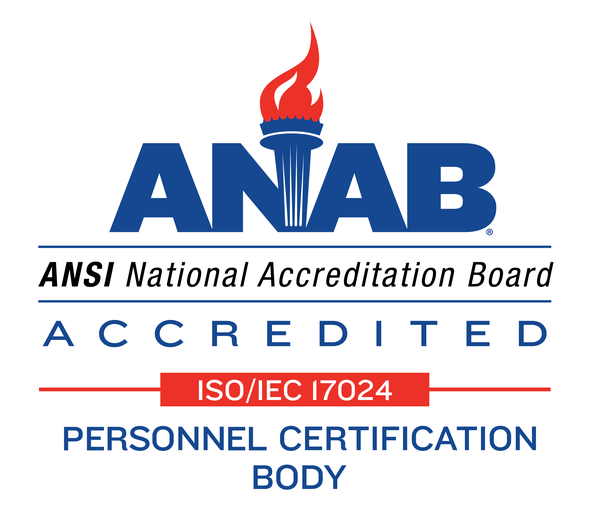There has never been a more relevant or crucial time to get a professional designation than right now. Whether enforced through the DOL or the SEC, the demand for best-interest financial planning from consumers and regulators alike is rapidly increasing.
It's no longer enough to just say you are a fiduciary – now you must prove it! In fact, if you are not willing to do everything it takes to be a fiduciary, or worse if you're not 100% sure of exactly what being a true fiduciary entails, we recommend you do not claim to be a fiduciary at all. These days, carelessly claiming to be a fiduciary without proper knowledge, education, and a proven best-interest standard of practice could result in costly litigation. The problem with saying that you are not a fiduciary, however, is that your clients and certain regulators are still demanding it.
This is the reason we exist. We are the National Association of Certified Financial Fiduciaries® (NACFF). NACFF was created to provide all the information, tools, and resources needed for financial professionals to ensure they are compliant with and adhering to all fiduciary standards. We have taken it a step further by providing a comprehensive, accredited, fiduciary training program and certification process that will further establish qualified financial professionals as Certified Financial Fiduciaries®.
The Certified Financial Fiduciary® designation is the only designation that focuses solely on training financial professionals to be true holistic fiduciaries. It is the only designation that clients and prospects can recognize as a designation meant to help protect them.
The designation is reserved for financial professionals who have successfully completed a rigorous certification and training process established by NACFF; who agree to uphold the NACFF code of conduct; and who comply with all certification requirements when providing advice to potential or existing clients.
Financial professionals who have earned the Certified Financial Fiduciary® designation can immediately and clearly demonstrate expert knowledge of fiduciary standards, and how they practice a fundamental obligation to always put their clients' best interests first. Additionally, designees are bound by a code of conduct that holds them to the highest standards of professionalism in the financial services industry.
The certification mark, coupled with the information and processes taught in the required training programs, makes it easy for a financial professional to quickly demonstrate the added value and security they bring to potential and existing clients.
The Certified Financial Fiduciary Designation is ANAB Accredited!

The ANSI National Accreditation Board (ANAB) accreditation mark is a symbol of excellence, recognized worldwide by employers, industry leaders, hiring managers, and credential holders. Since its launch in 2003, our personnel certification accreditation program based on the international standard ISO/IEC 17024:2012, Conformity assessment - General requirements for bodies operating certification of persons, has helped certification programs make the journey from good to great. More than 5.2 million people worldwide and counting hold a certification from an ANAB-accredited organization.

The Value of ISO/IEC 17024 Accreditation
- The ANAB symbol signals to an employer that the credential holder has undergone a valid, fair, and reliable assessment to verify that they have the necessary competencies to practice.
- ANAB accreditation provides an added layer of legal defensibility against invalid claims.
- Many government agencies, such as the U.S. Department of Defense, Department of Energy, Federal and State OSHA, and the FDA, rely on ANAB accreditation as it assures the competency of the certification program.
- The accountability and transparency built into the ANAB process support conformity assessment attestations, and can result in reduced liability insurance.
Professionally Reviewed By The Best!
Important Notice: The NACFF is impartial in carrying out its certification activities, managing conflicts of interest, and ensuring the objectivity of its certification activities.

